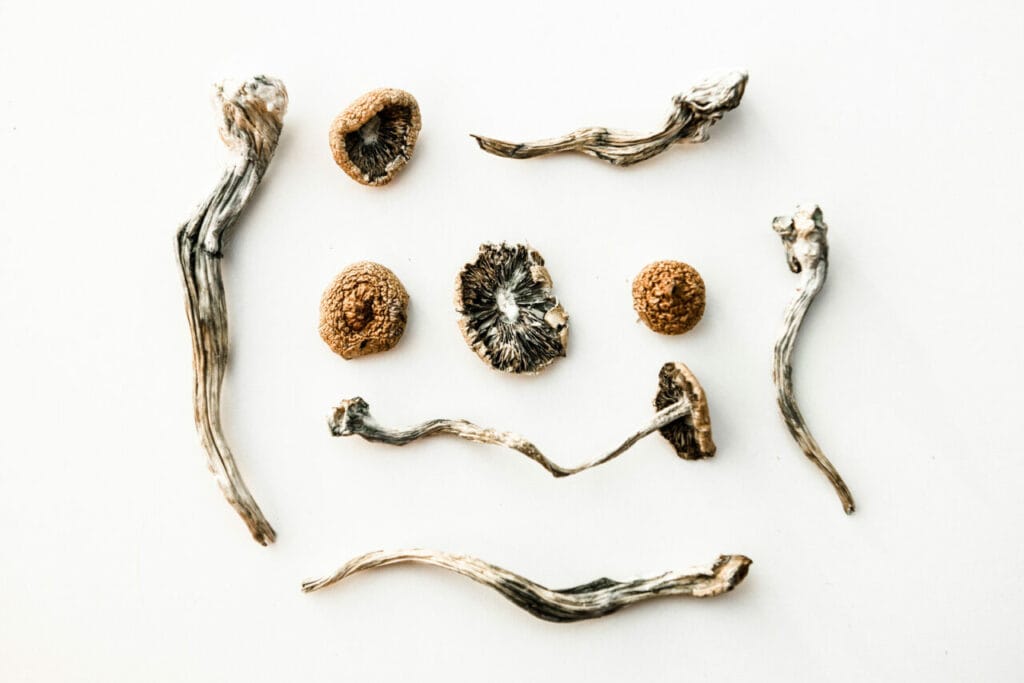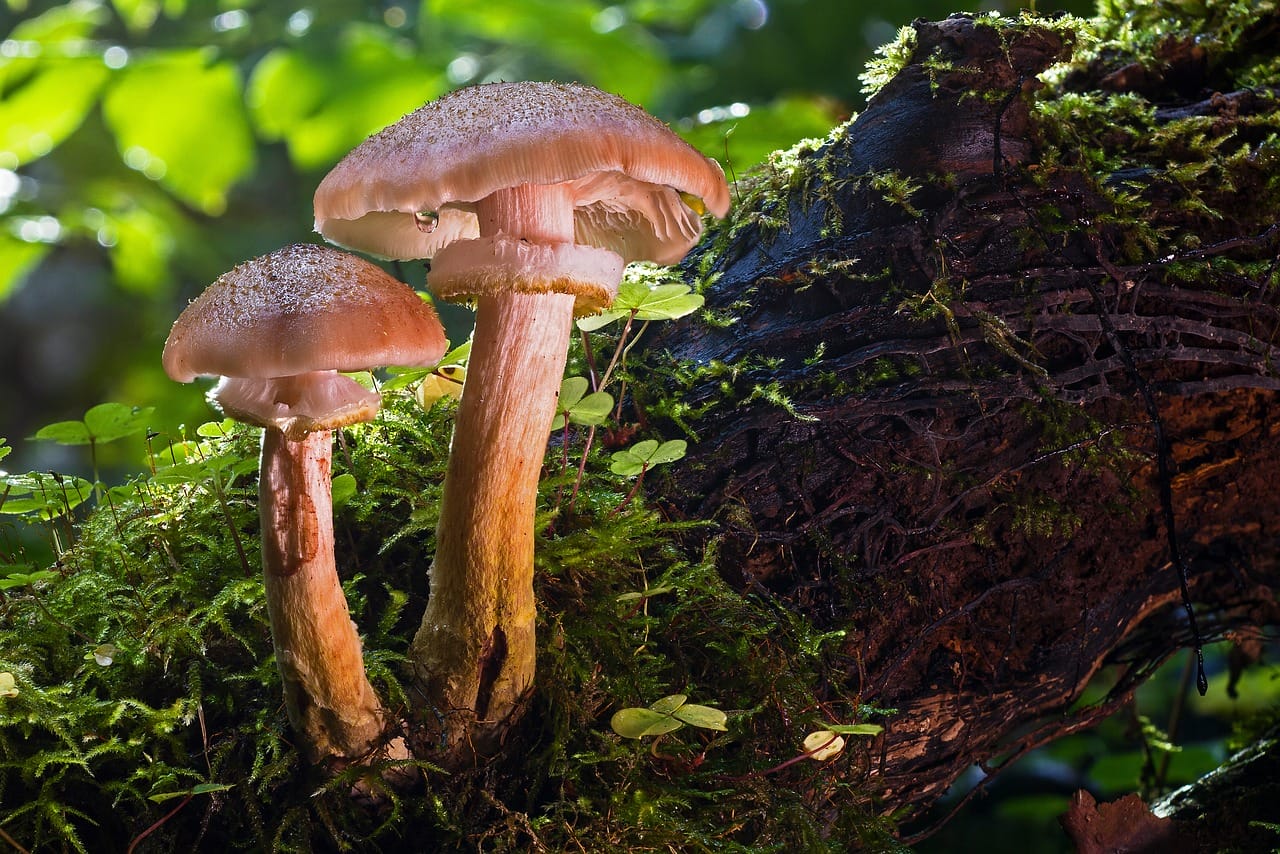While magic mushrooms were initially considered mainly a recreational psychedelic by many Canadians, scientific exploration of their active component, psilocybin, has revealed its powerful efficacy in treating a range of mental health conditions.
As more research emerges, our understanding of psilocybin’s potential uses continues to grow. This increased awareness has made it easier for individuals to access these products via magic mushroom delivery services. A recent study has shed light on the role of psilocybin in human consciousness – could this be the key to its significant impact on the brain? Let’s delve further into the fascinating exploration of magic mushroom products.
Key Points:
- Psychedelic magic mushrooms have played a role in shaping the cognitive functioning of early humans, aiding their survival.
- Magic mushrooms have a significant effect on neurological health, demonstrating potential to alleviate symptoms of PTSD, depression, and anxiety.
- The impact of psilocybin on consciousness and brain function may have heightened creativity, introspection, and abstract thinking.

The Historical Use and Significance of Magic Mushrooms
Historical records show that our ancestors have been harnessing the power of psychedelic magic mushrooms since ancient times. Indigenous communities globally, especially in subtropical and tropical regions such as South and Central America, the Caribbean, Southeast Asia, and Africa, have used them in sacred rituals and traditional ceremonies as a way of honoring their gods.
The Significance of Shrooms in Ancient Civilizations
Indigenous peoples of Mexico have used these fungi for spiritual enlightenment, divine encounters, and religious ceremonies since ancient times. The Aztec Indians of South America referred to them as “God’s Flesh” and incorporated them into their therapeutic rituals.
Evidence of their usage in history traces back to:
- Around 10,000 years ago in Australia
- Estimated 7,000 years ago in North Africa
- Approximately 6,000 years ago in Spain.





